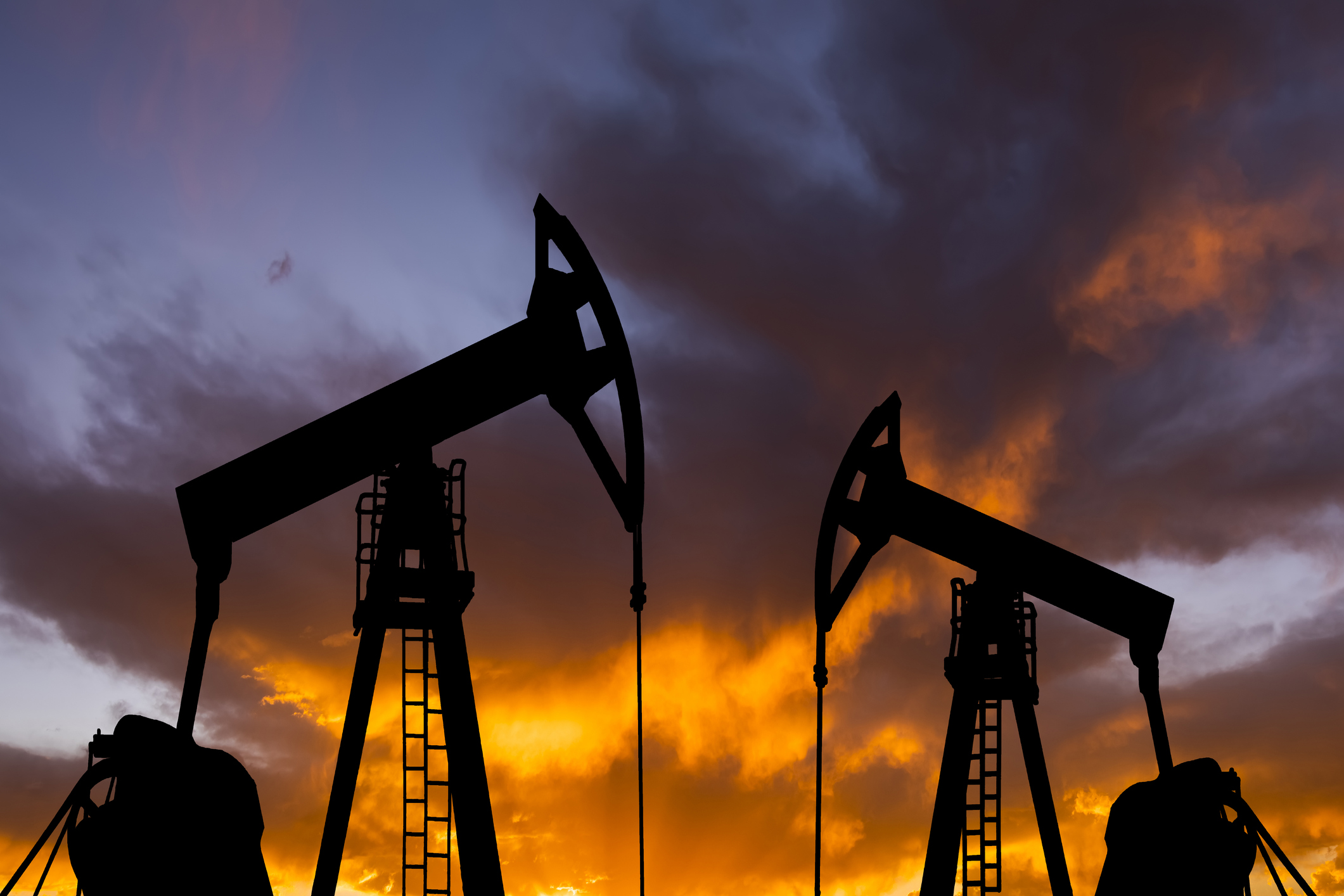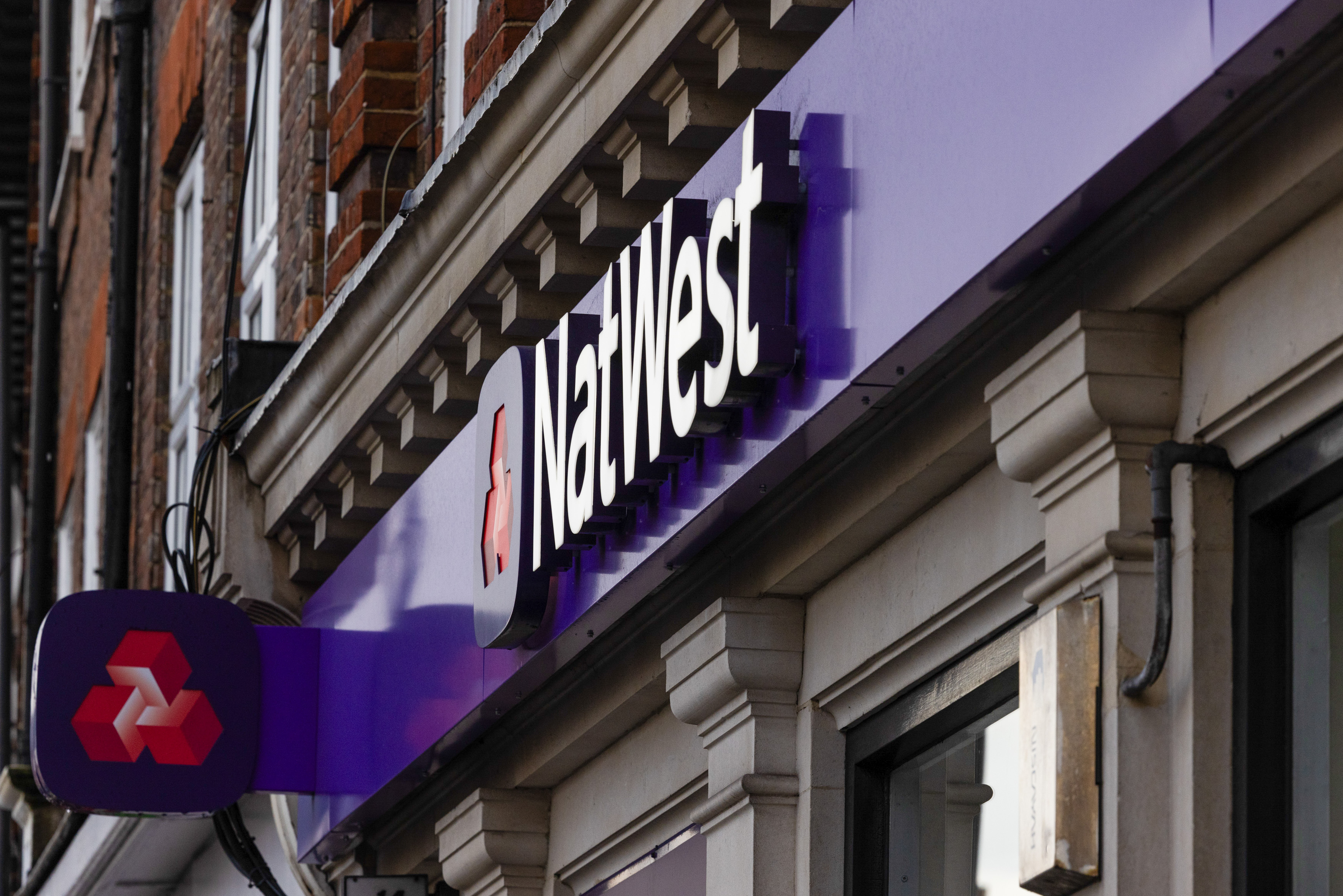Why is the supply of oil rising?
The supply of oil is rising despite conflict in the Middle East. What's causing the increase?

Get the latest financial news, insights and expert analysis from our award-winning MoneyWeek team, to help you understand what really matters when it comes to your finances.
You are now subscribed
Your newsletter sign-up was successful
Want to add more newsletters?

Twice daily
MoneyWeek
Get the latest financial news, insights and expert analysis from our award-winning MoneyWeek team, to help you understand what really matters when it comes to your finances.

Four times a week
Look After My Bills
Sign up to our free money-saving newsletter, filled with the latest news and expert advice to help you find the best tips and deals for managing your bills. Start saving today!
A “boy-who-cried-wolf mindset” has set in on energy markets, says Matt Egan for CNN. Traders, caught out by previous false alarms, have become increasingly “numb to the cascade of crises” afflicting the world – a growing war in the Middle East is thus not causing the oil market the panic you might expect. “Pre-shale revolution, this type of situation would have sent prices well above $100” a barrel, says Helima Croft of RBC Capital Markets. Still, as Bob McNally of Rapidan Energy Group puts it, “the story of the village boy who cried wolf did not end well – for the village or the boy”. While markets aren’t yet panicking, they are feeling nervous following comments from Joe Biden that Israel discussed striking Iranian oil facilities in retaliation for last week’s missile attack.
Brent crude prices topped $80 a barrel recently for the first time since August, before easing back mid-week, say Rafe Uddin and Jamie Smyth in the Financial Times. Oil rose 8% last week for its biggest weekly gain since the start of last year, and has climbed almost a fifth since hitting a year-to-date low last month. Iran accounts for roughly 2% of global crude exports, or two million barrels per day (mbpd), says Anthony Harrup in The Wall Street Journal.
A six-month halt to that supply could see Brent “temporarily rise to a peak of $90”, assuming other oil producers step in to fill some of the shortfall, say Goldman Sachs analysts. In the short-term, markets will need to put more “risk premium” on oil – the extra paid to cover the risk of supply disruptions, says David Oxley of Capital Economics in a note. “Depending on how things pan out, this “could conceivably” be in the order of “another $20 a barrel to oil prices”.
MoneyWeek
Subscribe to MoneyWeek today and get your first six magazine issues absolutely FREE

Sign up to Money Morning
Don't miss the latest investment and personal finances news, market analysis, plus money-saving tips with our free twice-daily newsletter
Don't miss the latest investment and personal finances news, market analysis, plus money-saving tips with our free twice-daily newsletter
Why is there a high supply of oil?
One reason for the market’s relative calm is that there is plenty of extra oil sloshing around, says The Economist. The Opec+ grouping of producers is collectively sitting on more than five mbpd in unused production capacity, which it has been withholding to prop up prices. That is “more than enough to make up” for any eventual loss of Iranian crude. But the situation is fragile. A regional conflagration could see Iran close the Strait of Hormuz, the shipping lane through which 30% of the world’s seaborne crude oil flows. That could send prices surging toward triple digits. For all the excitable talk, Opec quietly abandoned its quest for $100 a barrel oil in June, says Javier Blas on Bloomberg.
In view of global oversupply heading into next year, “given a binary choice between $100 and $50 for next year, I’d take the latter bet”. As a rule of thumb, a 5% rise in oil prices adds approximately 0.1% to inflation in advanced economies, says Roger Bootle in The Telegraph. That is much less than during the 1970s energy crises, when Western economies were more “oil intensive” than they are today. These price rises, therefore, don’t yet represent a major inflationary risk. Indeed, given weak global oil demand and rising supply, “over the next year the likelihood is that oil prices will soften”.
This article was first published in MoneyWeek's magazine. Enjoy exclusive early access to news, opinion and analysis from our team of financial experts with a MoneyWeek subscription.
Get the latest financial news, insights and expert analysis from our award-winning MoneyWeek team, to help you understand what really matters when it comes to your finances.
Alex is an investment writer who has been contributing to MoneyWeek since 2015. He has been the magazine’s markets editor since 2019.
Alex has a passion for demystifying the often arcane world of finance for a general readership. While financial media tends to focus compulsively on the latest trend, the best opportunities can lie forgotten elsewhere.
He is especially interested in European equities – where his fluent French helps him to cover the continent’s largest bourse – and emerging markets, where his experience living in Beijing, and conversational Chinese, prove useful.
Hailing from Leeds, he studied Philosophy, Politics and Economics at the University of Oxford. He also holds a Master of Public Health from the University of Manchester.
-
 NatWest to close 32 more bank branches – see the full list
NatWest to close 32 more bank branches – see the full listNatWest is closing 32 branches in 2026 and 2027. Will your local area be affected?
-
 Three key winners from the AI boom and beyond
Three key winners from the AI boom and beyondJames Harries of the Trojan Global Income Fund picks three promising stocks that transcend the hype of the AI boom
-
 Three key winners from the AI boom and beyond
Three key winners from the AI boom and beyondJames Harries of the Trojan Global Income Fund picks three promising stocks that transcend the hype of the AI boom
-
 RTX Corporation is a strong player in a growth market
RTX Corporation is a strong player in a growth marketRTX Corporation’s order backlog means investors can look forward to years of rising profits
-
 Profit from MSCI – the backbone of finance
Profit from MSCI – the backbone of financeAs an index provider, MSCI is a key part of the global financial system. Its shares look cheap
-
 'AI is the real deal – it will change our world in more ways than we can imagine'
'AI is the real deal – it will change our world in more ways than we can imagine'Interview Rob Arnott of Research Affiliates talks to Andrew Van Sickle about the AI bubble, the impact of tariffs on inflation and the outlook for gold and China
-
 Should investors join the rush for venture-capital trusts?
Should investors join the rush for venture-capital trusts?Opinion Investors hoping to buy into venture-capital trusts before the end of the tax year may need to move quickly, says David Prosser
-
 Food and drinks giants seek an image makeover – here's what they're doing
Food and drinks giants seek an image makeover – here's what they're doingThe global food and drink industry is having to change pace to retain its famous appeal for defensive investors. Who will be the winners?
-
 Barings Emerging Europe trust bounces back from Russia woes
Barings Emerging Europe trust bounces back from Russia woesBarings Emerging Europe trust has added the Middle East and Africa to its mandate, delivering a strong recovery, says Max King
-
 How a dovish Federal Reserve could affect you
How a dovish Federal Reserve could affect youTrump’s pick for the US Federal Reserve is not so much of a yes-man as his rival, but interest rates will still come down quickly, says Cris Sholto Heaton